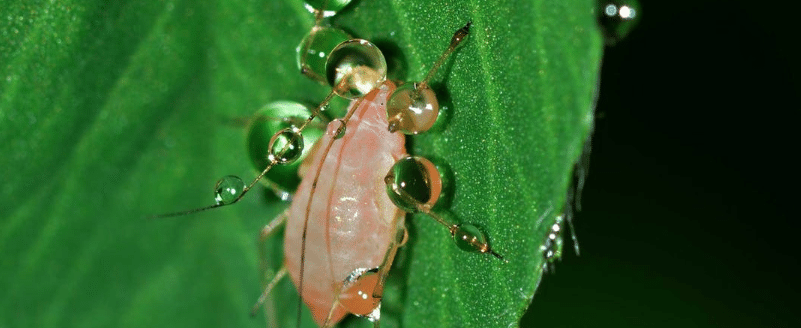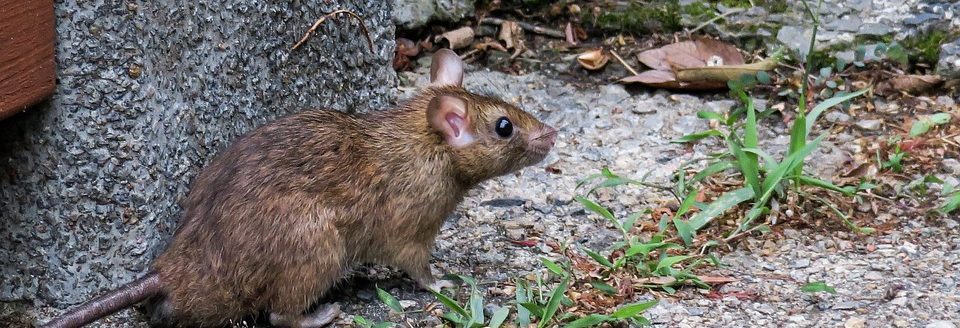Raccoon Control | How Do I Get Rid of Resident Charlotte Raccoons?
Lifestyles of Resident Charlotte Raccoons
From the viewpoint of resident Charlotte Raccoons, humans are among the best of all neighbors. Our luscious vegetable gardens offer what may seem like an endless food source. Those full bird feeders hanging by the split-rail fence look ready made for a hungry scavenger. Scraps tossed into the mulch pile. Wow! What a feast! And yeah, that tree growing right beside the roof where the loose vents lead into the attic makes a perfect highway.
Raccoons are clever and more than willing to take advantage of any opportunity for happiness – even if it does get them into a bit of trouble.
We’d like to live with them. In fact, a handful of Carolina homeowners are willing to “adopt” roaming raccoons. But sharing space with a resident Charlotte raccoon can be rather dangerous living. Free-roaming raccoons pose serious risk to property, pets and family. Your family is safer in the hands of reliable Carolina raccoon control.
Three Dangers of Having Raccoons Near Your Charlotte Home
Resident Charlotte raccoons often refuse to yield to pedestrians, the homeowner, pets and children. Adult raccoons can come in near 20lbs, and may even travel with a pack. They run fast, climb like cats, and often have no fear of humans. It is not uncommon for a resident raccoon caught in an open side path or even on the sidewalk to stare you down and dare you to walk towards it. They are not taking over the city, but they can take over a home.
Here are three threats associated with raccoons taking residence near Charlotte homes.
1) Getting Rid of Residential Charlotte Raccoons Helps Prevent Disease
When thinking of raccoon transmitted diseases, rabies always comes to mind. Yet incidents involving raccoon attacks on humans are rare. However, raccoons also play a roll in two other dangerous diseases:
- Leptospirosis is a bacterial disease that thrives in contaminated soil and water. It passes via the bacteria in the urine of an infected raccoon. Rare to humans yet not without occurrence, leptospirosis can cause kidney damage, liver failure and even death.
- Baylisascaris Procyonis is a common intestinal roundworm that spreads via eggs that are shed in the feces of an infected raccoon. According to the Centers for Disease Control and Prevention, almost half of all human cases of this disease have ended in death (1). Other consequences include blindness, developmental disabilities, paralysis and seizures. Although most often a danger to pets, humans too are at risk. When cleaning up raccoon feces, wear a respirator, shoe covers and disposable gloves.
2) Getting Rid of Residential Charlotte Raccoons Helps Eliminate Property Damage
While seeking bugs and other edibles, your friendly neighborhood raccoon may dig up gardens and yards. They also find fruit, peas and sweet corn rather tasty. But these are the minor problems. Big deals occur when raccoons get into your attics and crawlspaces. Aside from direct physical property damage caused by raccoons coming and going, the associated feces and urine can cause extensive home damage.
3) Getting Rid of Residential Charlotte Raccoons Helps Protect Pets
As previously mentioned, contact with raccoon feces can be fatal to your pet. But there is also a direct physical danger. Cornered raccoons are known for attacking dogs, cats, and even people. A big raccoon can easily take out cats and even small dogs. And with any bite or scratch, there always follows a risk of rabies.
Getting Rid of Residential Charlotte Raccoons, the Process
- Always call the professionals for:
- Raccoons in the home…
- Raccoons in the Attic or Chimney…
- Cleaning up raccoon waste…
- You can try mild harassment for these, but always consider calling us first:
- Raccoons in bird feeders, gardens, trash, woodpiles and yards… Set up battery-operated sound devices. Where most serious offenses occur, consider installing a low current electric fence. For the yard, place some hot sauce repellent.
With over seventy-five years in the Charlotte pest control business, Carolina Pest Management has long practiced environmentally conscious pest control. We do it the humane way. For professional and rapid removal of residential Charlotte raccoons or any other type of local wildlife, contact Carolina Pest Management today.


